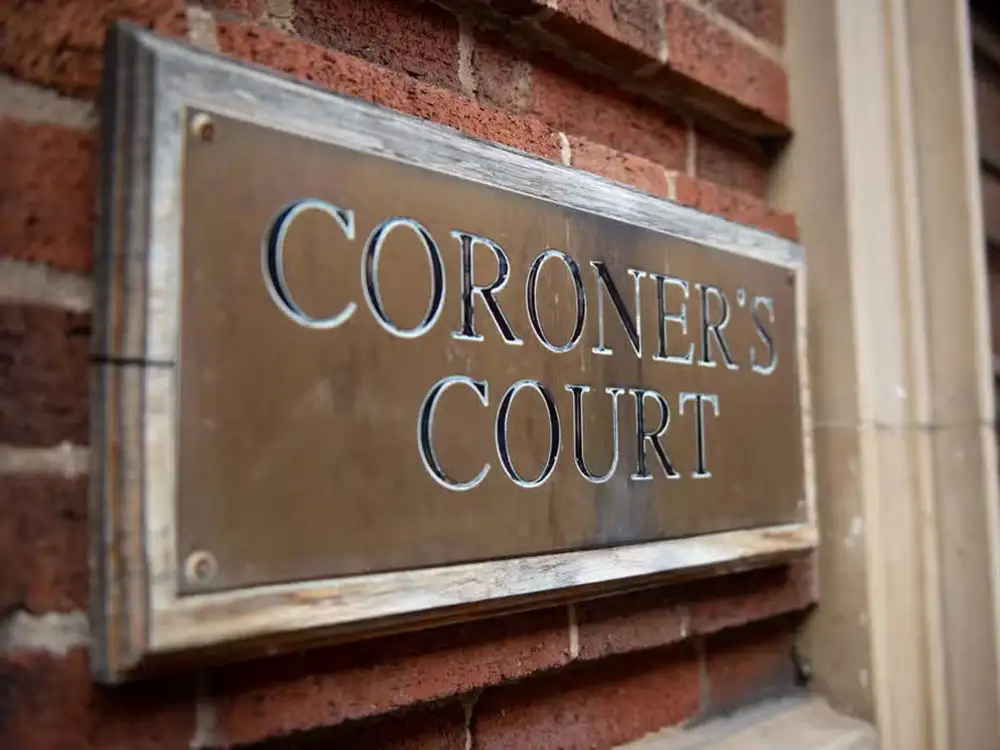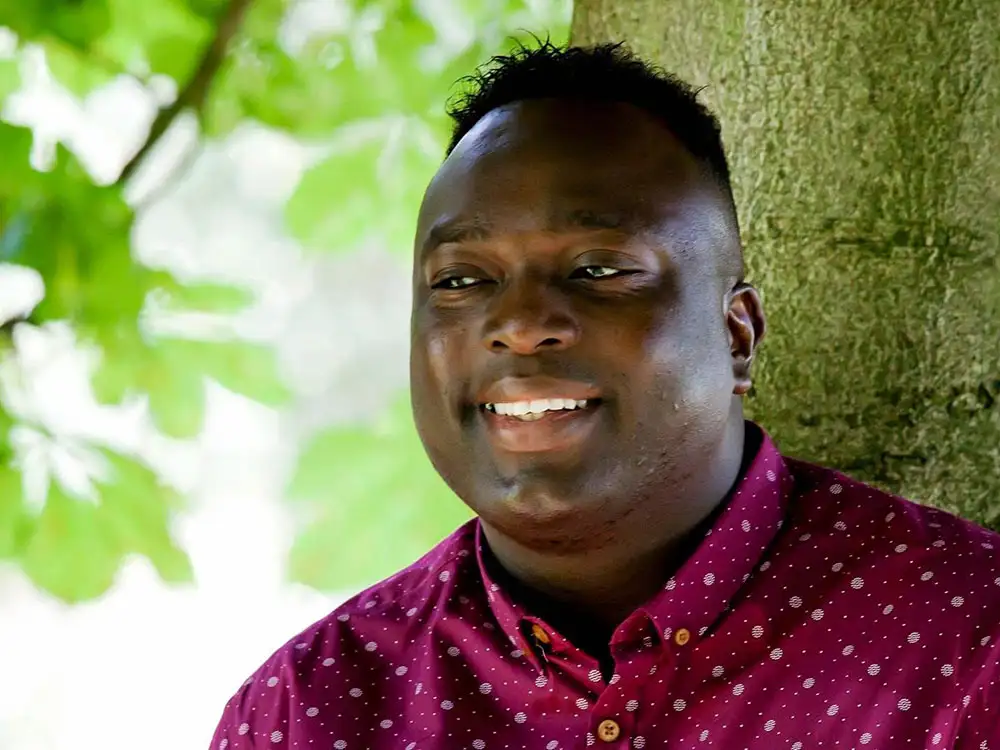An inquest heard how a York man died only hours after being released from police custody.
Michael Tolulope Oyebode was 41 when he died at his Holgate flat on 29 September 2022.
He had been arrested by North Yorkshire Police the previous day and taken into custody. He was released without charge at 1am on the morning of his death.
Mr Oyebode had Type I diabetes. Before the inquest began, his family said he used a diabetes patch to monitor his blood sugar levels so that he would know the correct dosage of insulin to take.
He used a smartphone app linked to the patch. But the police confiscated his phone so “he had no way of monitoring his diabetes and knowing the correct dosage of insulin”.
The inquest in Northallerton yesterday (Monday) heard from Dr Jennifer Bolton, a Home Office pathologist for the North East of England. She carried out a post mortem on Mr Oyebode the day after he died.
He had alcohol in his system, but it was below the drink drive limit in England. “He would not have been significantly intoxicated,” Dr Bolton said.
The key finding in her report was the high level of insulin in his system, in a form that showed it was synthetic rather than naturally produced.
The insulin must have been taken soon before his death because it is quickly broken down in the body, Dr Bolton said.
If someone injects insulin that they don’t need, the body’s blood sugar “will drop dangerously low,” she told the inquest.
“And the individual will then typically lose consciousness, they may suffer seizures, and ultimately die as a result of that very low blood sugar.
“That is likely to be the mechanism of how Michael died.”
Dr Bolton said there were no injuries to account for his death. “I looked very specifically at the area of his wrists where the handcuffs would have been, to make sure there were no injuries associated with the handcuffs, and there weren’t.”
Mr Oyebody had a history of hypertension. Questioned by a representative of his family, the pathologist said if he had suffered a heart attack or stroke “24 hours-plus before, there is a good chance we would see it” in the post mortem.
But if it occurred at the time of his death “then no, we wouldn’t actually see specific changes”.
Dr Bolton said the amount of insulin in his body showed he had taken more than was required. But she couldn’t say why Mr Oyebode took such a high dose.
She added: “Because it is such a high level of insulin, he will have very rapidly become unconscious.
“And he would have then very rapidly transitioned from sleep, in effect, to unconsciousness or coma, to death.”
Fretting about blood sugar

The inquest was told that Mr Oyebode’s blood pressure and heart rate was recorded while he was in police custody at 12.30am on the day he died.
He was described then as coherent and responsive. From those readings, Dr Bolton said his heart rate appeared a little quick, perhaps due to stress, “but other than that he would seem well”.
The inquest then heard from Mr Oyebode’s aunt. She has spoken to him on a video call for about 30 minutes after he was released from police custody.
In a statement she said he was fretting as he had no way to test his blood sugar levels. He usually did this by using an app on his phone, but the police had confiscated his phone.
He planned to get a new phone when the shops opened later that morning, Mr Oyebode told his aunt.
When he was at the police station “I believe the way that Michael was treated was influenced negatively by the fact he was a black man with mental health issues,” his aunt said.
Coroner Jon Heath asked her why she believed that, and she said because he wasn’t given his phone or any food by police.
She phoned the police at 9am on 29 September to say she was concerned for his welfare.
An hour later she called York police station, having heard nothing back. The person she spoke to said it would take several hours for police to go round to her nephew’s flat for a welfare check.
More medical evidence followed. The inquest was told that Mr Oyebode had suffered mental health stresses after he was involved in a car crash on 23 August and his wife had left with his children only days later.
But there was no immediate concerns that Mr Oyebode might commit suicide in the weeks prior to his death. He was actively seeking help from health professionals.
Dr Oliver Fenton, a consultant psychiatrist, told the inquest that Mr Oyebode had been diagnosed with bipolar affective disorder. He was given treatment including medication, therapy and healthy lifestyle education.
In a consultation with Dr Fenton on 1 September, he said he was struggling with his sleep and was worried about not getting contact with his children. Later in September he had threatened to overdose, but in a meeting on 22 September he told Dr Fenton he no longer felt suicidal.
“He was still functioning well,” Dr Fenton said. “He was still wanting to see his children.”
His emotions were exacerbated by his own memories of childhood. Dr Fenton said that Mr Oyebode had told him that his parents had died in a car crash.
They made an appointment to meet for another consultation on 29 September, which turned out to be the day he died.
The inquest continues.
